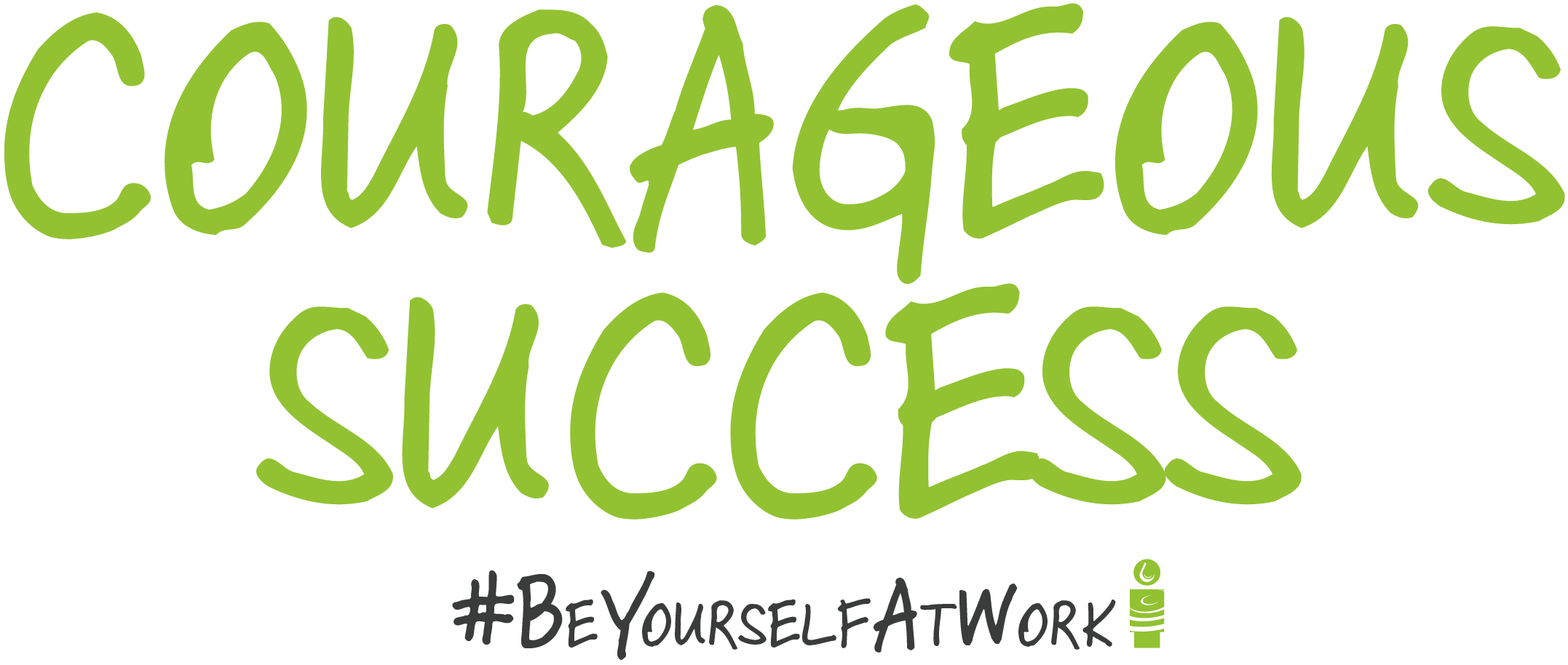“…Between 60% and 70% of spontaneously occurring thoughts are negative.”
A study of ‘mental chatter’ by Dr Raj Raghunathan at McCombs School of Business (University of Texas), reported in Psychology Today, asked students to maintain a “brutally honest” record of naturally occurring thoughts, on an everyday basis, for a period of at least two weeks. The report found that “between 60% and 70% of the students spontaneously occurring thoughts are negative.” From our research it’s even higher, 88% of us agree that: I have times when I doubt myself, 79% agree that they’d use words like worrier, doubter, overthinking and lacking confidence when describing themselves.
Brain at 3am: “I see you are trying to sleep, so I would like to offer you a selection of every bad memory, unresolved issue, things you should have said or done today, as well as over the past 20 years.”
ou might recognise this popular meme on social media which has hit a chord, because many of us are unconsciously stuck in habits of negative self-talk that means these thoughts surface easily. How easily do they surface in you? Do you find yourself wallowing, overthinking and middle of the night fretting?
The minute that you doubt yourself your chances of being the best you at work are lowered. You’ll withdraw a little. Or you try to control!
In our forthcoming global #beyourselfatwork survey we will ask; how conscious are people of their self-talk and whether it is negative (regularly beating themselves up) or positive.
We all have an inner critic and an inner champion. Which one wins is generally down to how conscious you are of both, and how much effort you put into liking yourself and deciding to be the best person you can be. I’ll give you an example. I catch myself every time I make a negative judgement about someone and halt it. When a nibble of “you can’t do this Liz” creeps in, I hear it every single time – I choose to – and I consciously list in my mind all of the reasons why I can instead.
The challenge we find at Courageous Success is that the vast majority of us are not conscious of our inner voices. At times this inner voice can be helpful and keep us motivated toward goals and things we’d like to achieve. But the voice can often be more harmful than helpful. Constantly replaying negative thoughts about ourselves sabotages how we feel and can erode our self-belief and success. If we are not conscious of this effect, we look outside of ourselves to feel positive, or rely on strategies such as perfectionism, control and micromanagement to help us cope and feel better.
Researchers estimate that it’s necessary for the ratio of positive-to-negative comments to be at least five to one for a relationship to be healthy and survive long-term, this also applies to our relationship with ourselves and it’s impact on our life and happiness.
Here are a few tips that have really nailed this for me in my world;
- Get to know yourself. Until you really know you, you’ll forever conform and at times feel slightly lost or detached. Spend time getting to know you. If you have an iAM, consciously speak through it, live through it, be it and enjoy feeling like yourself.
- Remember that you are not necessarily the person that others, who know you, think you are. Most people see others through their own lens. They decide who you are and expect you to live up to that. I remember my mother saying to me in my mid-thirties, “I don’t really recognise you sometimes”, she wasn’t being negative, she was just surprised at how courageous I was being at work. This was a part of me she unconsciously decided not to see. It wasn’t new. It was just new to her!
- Choose to let go of those things you still beat yourself up about at 3am, be kind to yourself, don’t waste time or energy by being negative about you. Instead decide to be the best version of yourself so that you learn from any past hiccups.
- Don’t rely on knowledge and data totally to do your job, trust yourself too. I have got to the point now where I have trained myself to start a sentence without knowing the second half. I go with what comes. Try it, it’s called trusting your intuition and it’s opened many doors for me!
- Recognise your strengths and play to them. I know I am rubbish at keeping in touch, being really organised, sticking to routine processes. I get help in these areas and choose not to be embarrassed about them. I focus on my strengths instead, for example I see that I am more courageous than most, so I stick my neck out.
- Believe in and see the best in others. I find that when you reflect the wonder and goodness in someone else to them not only does it feel good, but it also reminds you how great it can feel to be you.
#beyourselfatwork
